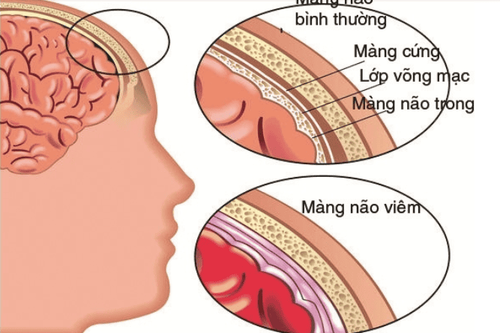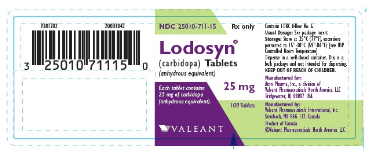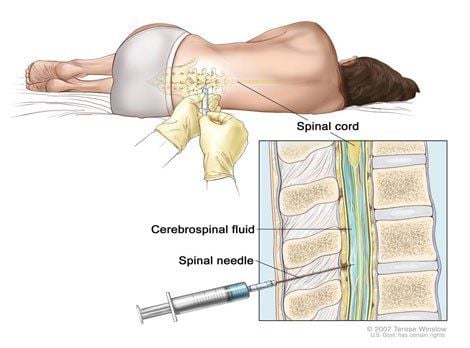This is an automatically translated article.
The article is professionally consulted by Master, Doctor Tran Ngoc Hai - Internal Oncologist - Internal Oncology Department - Vinmec Times City International Hospital. The doctor has extensive experience in the examination, diagnosis and treatment of cancers.Cancer pain can vary from mild to very severe. Each person's pain is different depending on the cause of the pain and a number of other factors. Therefore, you should only take pain relievers and other pain relievers when prescribed by your doctor.
1. Types of pain
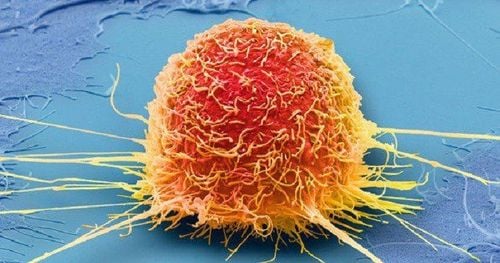
Acute pain from mild to severe: Pain that is sudden and lasts for a short time. Chronic pain ranges from mild to severe and persists or progresses over a long period of time. Intense pain: An increase in pain, severe pain that occurs suddenly or for a short time. The pain occurs spontaneously or after an activity. The pain can happen several times a day, even when you take the right dose and at the right time.
Trắc nghiệm: Thử hiểu biết của bạn về bệnh ung thư
Ung thư là nguyên nhân gây tử vong hàng thứ 2 trên thế giới. Thử sức cùng bài trắc nghiệm sau đây sẽ giúp bạn có thêm kiến thức về yếu tố nguy cơ cũng như cách phòng ngừa bệnh ung thư.
Bài dịch từ: webmd.com
2. Causes of cancer pain
Cancer and cancer treatment are the main causes of pain, specifically:Pain due to medical tests: Some tests used in cancer diagnosis can be painful such as biopsy, puncture, etc. spinal fluid or bone marrow test. Despite the pain, you still have to do the necessary tests. You should talk to your doctor for pain relief advice before having the test. Tumor pain: If the cancer grows larger or spreads, pain can be caused by the tumor pressing on and invading the tissues around it. For example, a tumor can cause pain if it presses on the bones, nerves, spinal cord, or organs of the body. Pain from treatment: Chemotherapy, radiation therapy, surgery, and other methods can cause pain for some people. Some examples of pain caused by treatments: + Neuropathic pain: Pain that occurs because treatment damages nerves. The nature of the pain is usually burning, sharp, or sharp pain.
+ Virtual pain: You may still feel pain or discomfort coming from a body part that was surgically removed. Doctors have not yet been able to explain why this pain occurs.
+ Joint pain: This type of pain is associated with the use of aromatase inhibitors, a type of hormone therapy.
Each person's pain sensation depends on many different factors including the cause of the pain and the body's pain response.
3. How effective is pain relief?
Your pain can be controlled. Pain control is part of cancer treatment. Talk openly and share information with your doctor and other health care providers. The best way to control pain is to prevent it from starting or to keep it from getting worse. There are different medications to control pain. Therefore, the pain relief plan for each person is different. Documenting the nature of your pain will help track and create the best pain management plan for you. Take medication as directed. Do not arbitrarily change the dosage or use the medicine past the expiry date.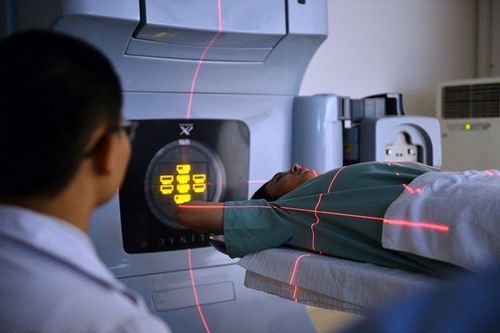
4. How to describe pain effectively?
The first step to pain management is telling the truth. Try to talk to your doctor and loved ones about what you're feeling. You will be asked to describe and rate your pain to provide a basis for your doctor to assess your pain threshold. Your doctor may ask you to describe your pain in a number of ways. Using a pain scale is the most common way. The scale uses numbers from 0 to 10, where 0 is no pain and 10 is the worst pain sensation. Some doctors show patients a series of faces and ask them to point to the face the patient is feeling. If the nature of the pain changes, you should tell your doctor. Some information to help you provide more effective information to your doctor includes:Where you are in pain How it feels (severe, dull, throbbing, constant, hot) How strong is your pain How long does the pain last What helps relieve or make it worse Under what circumstances (what time of day, what are you doing and what happens) Does the pain stop interfere with daily activities You can keep a record of essential pain information, including:
When you take the pain medicine Name and dose of the medicine Side effects you feel Efficacy of the pain reliever how long does pain reliever work What activities you can't do when pain occurs You should share information about pain with your doctor so that you can have the right treatment and medication, in the right dose and help. effective pain relief.
5. Develop a pain management plan

Bring a list of medications with you to every visit. Bring a pain diary If you are seeing more than one doctor, let them know the medication list, especially if the doctor wants to change the prescription. Do not wait for the pain to get worse to use the medicine. Never take someone else's medicine or share it. Do not arbitrarily use medication without a doctor's prescription Ask your doctor to change your pain management plan if the medication does not work.
Please dial HOTLINE for more information or register for an appointment HERE. Download MyVinmec app to make appointments faster and to manage your bookings easily.
References source: Cancer.gov
MORE:
What's the difference between headache and migraine? Is lumbar puncture painful and does it have any side effects? Headaches are common, but when should you see a doctor?




